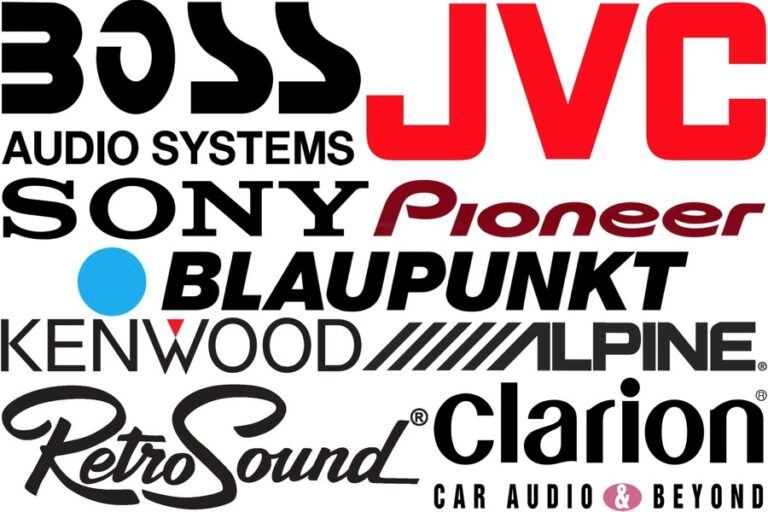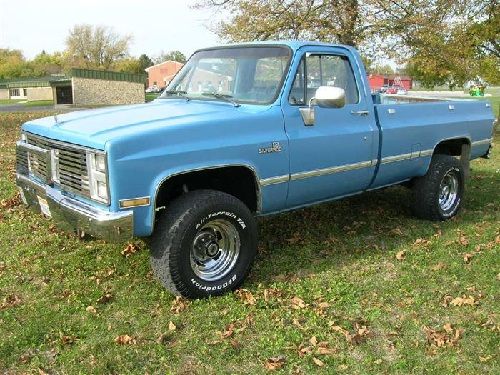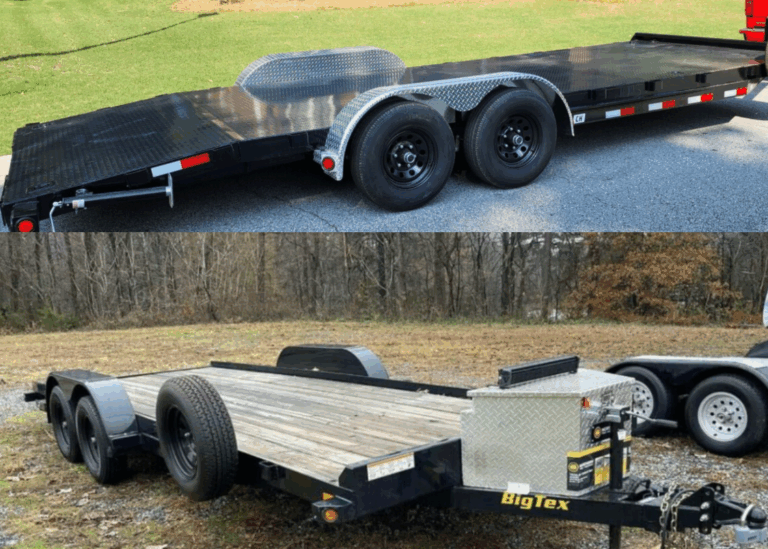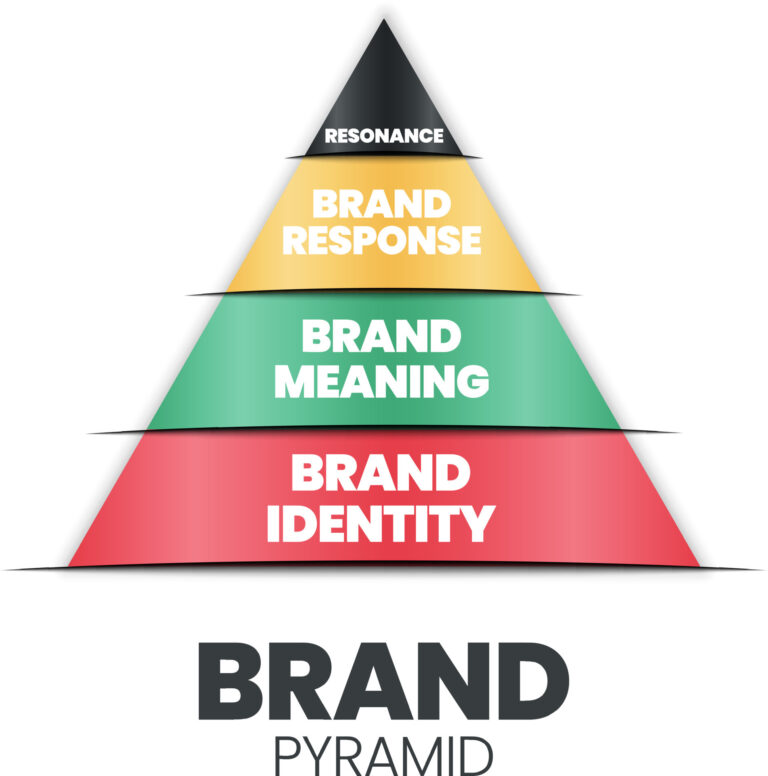Tiny Car Brands: Exploring the Niche World of Automotive Excellence
Tiny Car Brands: Exploring the Niche World of Automotive Excellence cars.truckstrend.com
In an automotive landscape dominated by multinational giants and mass-produced vehicles, a fascinating and vibrant counter-culture thrives: the world of tiny car brands. These aren’t just small companies; they are often the epitomes of passion, innovation, and unparalleled craftsmanship, pushing the boundaries of design, performance, and exclusivity. Far from being mere footnotes, tiny car brands represent a crucial segment of the industry, offering a refreshing alternative to conformity and celebrating the art of the automobile.
This comprehensive guide delves into the essence of tiny car brands, exploring what defines them, their unique appeal, the challenges they face, and what it means to own a piece of their extraordinary vision.
Tiny Car Brands: Exploring the Niche World of Automotive Excellence
What Defines a Tiny Car Brand?
A "tiny car brand" is not merely defined by its physical size or the vehicles it produces, but primarily by its operational scale and philosophical approach. These brands typically share several key characteristics:
- Low Production Volume: Unlike mainstream manufacturers producing millions of cars annually, tiny brands often hand-build vehicles in dozens, hundreds, or at most, a few thousand units per year. This limited output is a cornerstone of their exclusivity.
- Specialized Focus: They rarely try to be all things to all people. Instead, they focus intensely on a specific niche: hypercars, bespoke luxury vehicles, track-day specialists, ultralight performance machines, or innovative electric vehicle concepts.
- Hand-Built Craftsmanship: Automation is minimal. A significant portion of the manufacturing process involves skilled artisans and technicians meticulously assembling components, often leading to exceptional quality and attention to detail.
- Direct-to-Consumer or Niche Dealerships: Sales often occur directly from the manufacturer or through a highly select network of specialized dealers, fostering a more personal relationship between brand and buyer.
- Passion-Driven Ethos: Many tiny car brands are born from a singular vision or a small group of enthusiasts determined to create vehicles that defy conventional norms, prioritizing performance, design, or a unique driving experience above all else.
- Innovation and Experimentation: Unburdened by the inertia of large corporations, tiny brands can be agile, experimenting with new materials, technologies, and design philosophies that larger companies might deem too risky or uneconomical.
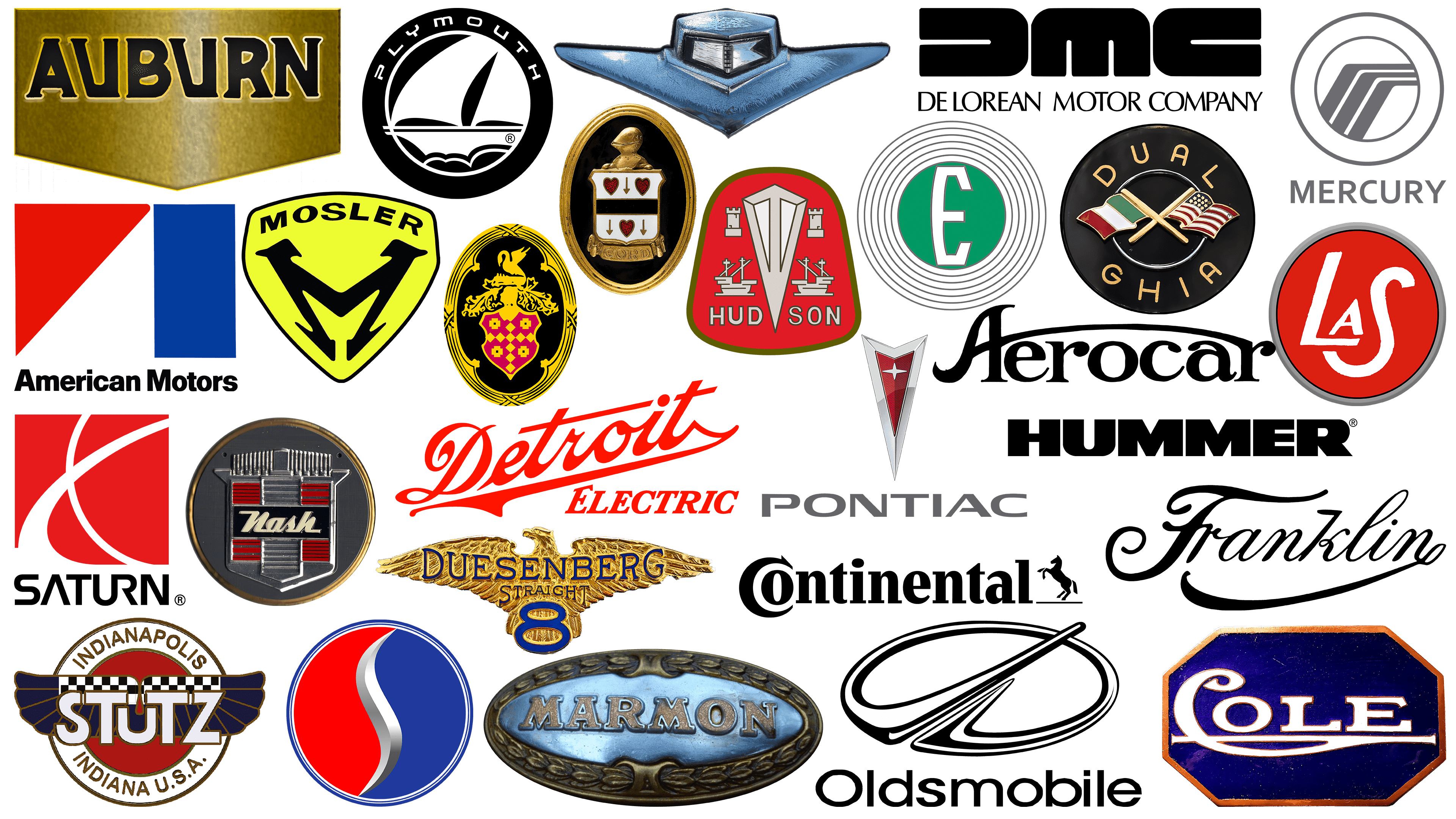
The Allure of Exclusivity: Why Tiny Car Brands Thrive

The appeal of tiny car brands extends far beyond mere transportation; it’s about acquiring a piece of automotive art, a statement of individuality, and often, an investment.
- Uniqueness and Rarity: Owning a vehicle from a tiny brand means possessing something truly unique. The chances of seeing another identical car are slim, fostering a sense of unparalleled exclusivity.
- Exceptional Performance and Engineering: Many tiny brands are at the cutting edge of automotive engineering, pushing boundaries in power-to-weight ratios, aerodynamics, and advanced materials. For performance enthusiasts, these cars offer an unadulterated driving experience.
- Bespoke Customization: With lower production volumes, tiny brands can offer unparalleled levels of customization, allowing buyers to tailor almost every aspect of their vehicle, from paint and interior materials to specific performance enhancements.
- Direct Relationship with Creators: Buyers often have the opportunity to interact directly with the brand’s founders, designers, or engineers, gaining insights into the vehicle’s creation and becoming part of a select community.
- Investment Potential: Due to their rarity and craftsmanship, many vehicles from tiny car brands appreciate in value over time, making them not just passion purchases but also potential investments.
- The Story and Heritage: Each tiny brand has a compelling origin story, often rooted in an individual’s dream or a small team’s unwavering dedication, adding a rich layer of narrative to the ownership experience.
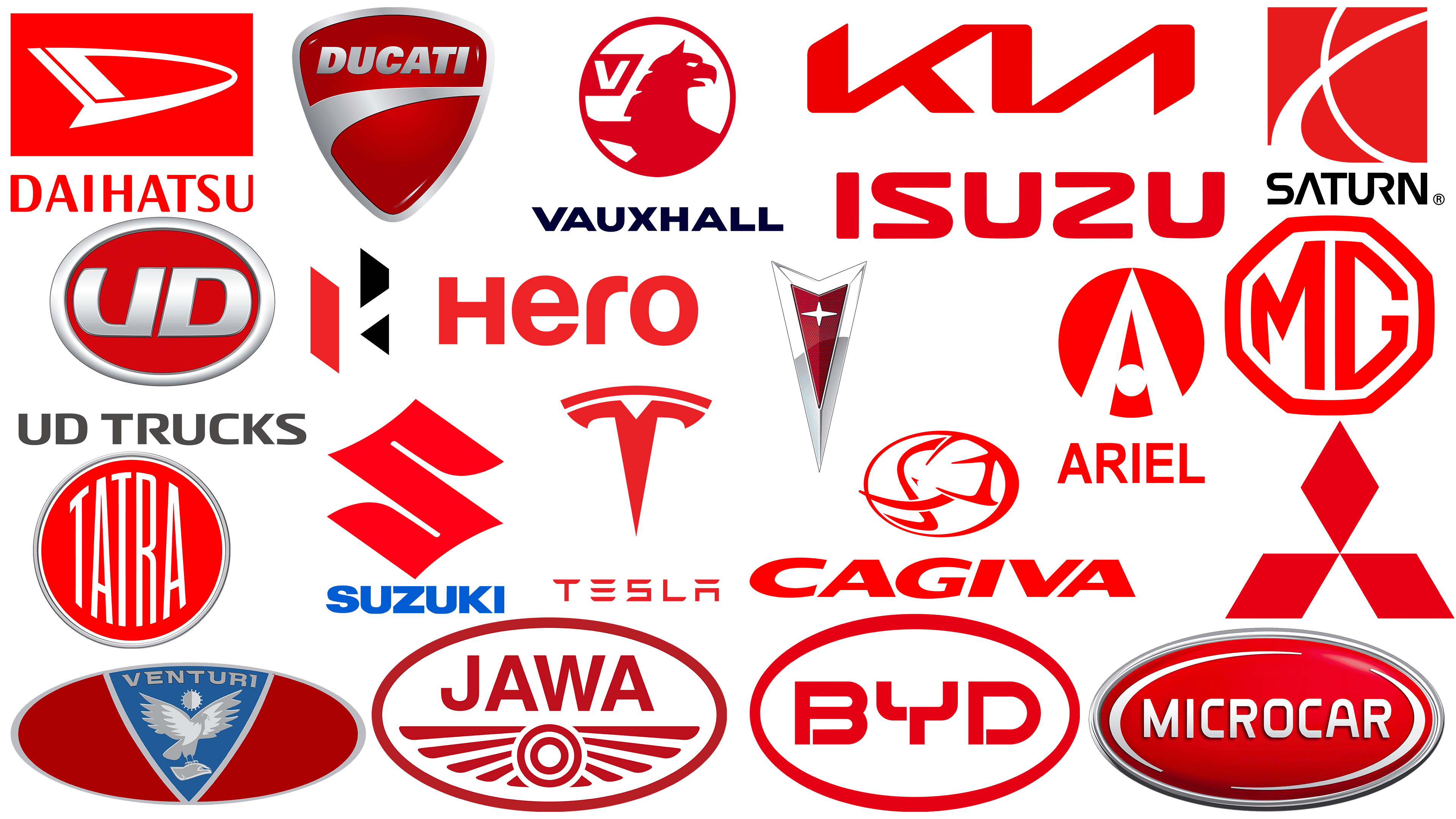
Navigating the Niche Market: Considerations Before Buying
While the allure is strong, prospective buyers must understand the unique considerations that come with acquiring a vehicle from a tiny car brand.
- Higher Price Points: Exclusivity, hand-built craftsmanship, and advanced technology come at a significant premium. These vehicles are typically far more expensive than mass-produced luxury cars.
- Limited Availability and Waiting Lists: Production slots are scarce, and demand often outstrips supply, leading to extensive waiting lists that can span years.
- Specialized Maintenance and Parts: Servicing these highly specialized vehicles requires expert knowledge and often custom tools. Parts can be rare, expensive, and may need to be fabricated on demand, leading to longer repair times.
- Insurance Challenges: Insuring such high-value, low-volume vehicles can be complex, requiring specialized insurers and potentially higher premiums.
- Resale Value Volatility: While some models appreciate significantly, others in a niche market can experience volatile resale values depending on brand perception, market trends, and economic conditions.
- Homologation and Street Legality: Depending on the brand and model, some vehicles (especially track-focused ones) may not be street legal in all jurisdictions, or require significant modifications to comply with local regulations.
- Practicality and Daily Use: Many vehicles from tiny brands are designed for extreme performance or specific experiences, often sacrificing practicality, comfort, or ease of use for daily driving.
Types and Categories of Tiny Car Brands
Tiny car brands can be broadly categorized by their primary focus:
- Hypercar/Supercar Manufacturers: These brands aim for ultimate performance, pushing the boundaries of speed, power, and aerodynamic efficiency.
- Examples: Koenigsegg (Sweden), Pagani (Italy), Rimac Automobili (Croatia – though growing rapidly).
- Bespoke Luxury/Coachbuilders: Focused on unparalleled luxury, customization, and artisanal craftsmanship, often reviving historical coachbuilding traditions.
- Examples: Ares Design (Italy), Touring Superleggera (Italy), some specialized divisions of larger luxury brands that operate almost as independent entities (e.g., Rolls-Royce Coachbuild).
- Track-Day/Lightweight Specialists: Prioritizing raw driving experience, low weight, and agility for track use, often with minimal concessions for road legality.
- Examples: Caterham (UK), Ariel (UK), BAC (Briggs Automotive Company, UK).
- Electric Vehicle Innovators (Early Stage): Smaller companies pioneering new EV technologies, design, or market segments before potential large-scale expansion.
- Examples: Nio (China – though rapidly expanding beyond "tiny"), Lucid Motors (USA – similar growth trajectory). Note: Many start tiny before scaling up or being acquired.
- Replicas & Continuation Models: Brands that meticulously recreate classic cars or build new vehicles based on historic designs, often with modern components.
- Examples: Eagle (UK – specializing in E-Type Jaguars), various smaller, specialized builders.
From Dream to Drive: The Purchase Process
Acquiring a vehicle from a tiny car brand is rarely as simple as walking into a dealership. The process often involves:
- Research and Connection: Identifying the brand and model that aligns with your desires. Contacting the manufacturer directly or through a highly specialized dealer.
- Application/Expression of Interest: For highly exclusive models, there may be an application process to ensure prospective owners are a good fit for the brand’s community.
- Deposit and Specification: Placing a significant deposit to secure a build slot. This is followed by an extensive customization process, often involving direct consultation with designers and engineers.
- Production and Updates: The car is hand-built, a process that can take many months or even years. Buyers often receive regular updates on their vehicle’s progress.
- Delivery and Handover: The final payment is made upon completion, followed by a personalized delivery experience, which might include a factory tour or a special handover event.
Maintaining the Unique Machine: Ownership Tips
Owning a tiny brand vehicle is a unique privilege, but it also comes with responsibilities:
- Specialized Service Network: Identify and establish a relationship with a certified service center or a highly experienced independent specialist familiar with your specific vehicle. The manufacturer can often provide recommendations.
- Proactive Maintenance: Adhere strictly to the manufacturer’s maintenance schedule. Given the rarity of parts, preventative care is crucial.
- Parts Sourcing: Understand the lead times for replacement parts. For custom or bespoke components, this can be significant. Building a relationship with the manufacturer can be invaluable here.
- Community Engagement: Join owner clubs or online forums. The collective knowledge of other owners can be an invaluable resource for troubleshooting, maintenance tips, and sourcing parts.
- Storage and Care: Invest in proper storage (climate-controlled garage) and use high-quality detailing products to preserve the vehicle’s finish and components.
- Insurance Review: Regularly review your insurance policy to ensure it accurately reflects the vehicle’s current value and coverage needs.
- Track vs. Road Use: If your vehicle is track-focused, understand its limitations for road use and vice versa. Pushing a road car beyond its design limits on a track can lead to significant wear and tear.
Challenges Faced by Tiny Car Brands
While agile, tiny car brands face an array of formidable challenges:
- Funding and Capital: Securing initial investment and ongoing capital for research, development, and scaling production is a constant struggle.
- Homologation and Regulations: Meeting increasingly stringent global safety, emissions, and noise regulations is incredibly expensive and complex for low-volume manufacturers.
- Supply Chain Management: Relying on smaller-scale suppliers or custom-fabricated parts can lead to vulnerabilities in the supply chain, especially during global disruptions.
- Brand Awareness and Marketing: Competing for attention against multi-billion dollar marketing budgets of mainstream brands requires innovative and targeted strategies.
- Talent Acquisition: Attracting and retaining top engineering, design, and artisan talent can be difficult when competing with larger, more stable companies.
- Scaling Production: Transitioning from a few hand-built prototypes to consistent, low-volume production while maintaining quality and exclusivity is a significant hurdle.
- Economic Volatility: Niche luxury markets are highly sensitive to economic downturns, impacting sales and investment.
- Succession Planning: Many tiny brands are founded by visionary individuals. Ensuring the brand’s legacy and continued innovation beyond the founder’s tenure is a critical long-term challenge.
The Future of Niche Automotive
The future of tiny car brands appears robust, driven by a continued demand for exclusivity, bespoke experiences, and uncompromised performance. The shift towards electrification presents both challenges and opportunities. While developing new EV platforms is costly, it also levels the playing field to some extent, allowing agile innovators to emerge with unique electric performance or luxury vehicles. As the mainstream automotive market becomes increasingly homogenized with autonomous features and shared mobility, the desire for unique, driver-focused machines, crafted with passion and precision, will only intensify, ensuring a vibrant future for these exceptional tiny car brands.
Table: Representative Tiny Car Brands and Their Offerings
Please note that "Tiny Car Brands" is a broad category, and the "price" for these vehicles is often a starting point, with extensive customization adding significantly to the final cost. Production numbers are estimates and can vary annually.
| Brand Name | Country of Origin | Primary Focus | Key Model Example | Typical Starting Price Range (USD) | Est. Annual Production | Key Distinguishing Features |
|---|---|---|---|---|---|---|
| Koenigsegg | Sweden | Hypercars (Extreme Performance) | Jesko | $3,000,000 – $4,000,000+ | 20-30 units | Record-breaking speed, advanced aerodynamics, bespoke engines. |
| Pagani | Italy | Hypercars (Artisan Luxury) | Huayra | $2,600,000 – $3,500,000+ | 30-40 units | Exquisite hand-built craftsmanship, carbon fiber artistry, unique design. |
| Ariel | UK | Track-Day / Lightweight Sports | Atom | $80,000 – $200,000+ | 100-150 units | Exposed chassis, incredible power-to-weight, raw driving experience. |
| BAC | UK | Single-Seater Track / Road | Mono | $250,000 – $350,000+ | 30-50 units | Street-legal single-seater, ultimate track precision. |
| Caterham | UK | Lightweight Sports / Kit Car | Seven (various models) | $40,000 – $100,000+ | 500-700 units | Direct lineage from Lotus Seven, customizable, pure driving feel. |
| Rimac | Croatia | Electric Hypercars | Nevera | $2,200,000 – $2,500,000+ | 50-150 units | All-electric, record-breaking performance, advanced battery tech. |
| Ares Design | Italy | Bespoke Coachbuilding | Panther ProgettoUno | $600,000 – $1,000,000+ | Limited (few units) | Custom-bodied vehicles on existing platforms, unique retro designs. |
| Morgan | UK | Heritage Sports Cars | Plus Four / Plus Six | $80,000 – $120,000+ | 800-1000 units | Traditional hand-built wood and aluminum chassis, classic aesthetics. |
Note: Prices are approximate starting MSRPs and can vary significantly based on customization, market, and year. Production numbers are estimates and can fluctuate.
Frequently Asked Questions (FAQ) about Tiny Car Brands
Q1: Are cars from tiny brands reliable?
A1: Reliability can vary. While many are meticulously hand-built with high-quality components, their low production numbers mean less long-term testing data compared to mass-produced cars. They often require specialized maintenance and may not be as robust for daily driving as a mainstream vehicle.
Q2: Are tiny car brands good investments?
A2: Some models, particularly highly exclusive hypercars or historically significant vehicles, can be excellent investments, appreciating significantly over time due to rarity and demand. However, this is not guaranteed, and values can fluctuate. It’s crucial to research specific models and market trends.
Q3: How do I buy a car from a tiny brand?
A3: Most often, you purchase directly from the manufacturer or through a very select network of specialized, high-end dealerships. For the most exclusive models, there may be an application or invitation process, and long waiting lists are common.
Q4: What about parts and servicing for these cars?
A4: Parts can be rare and expensive, often custom-made or sourced from a limited number of suppliers. Servicing requires highly specialized technicians, often trained directly by the manufacturer. It’s common to ship the car back to the factory or have a factory technician dispatched for major work.
Q5: Are tiny brand cars street legal?
A5: Most are designed to be street legal, but some highly specialized track-focused vehicles (like certain Ariel or BAC models) may have limited road legality in certain jurisdictions or require specific registrations. Always verify the vehicle’s compliance with local regulations before purchasing.
Q6: Why are these cars so expensive?
A6: The high cost reflects the low production volume, extensive hand-building and bespoke craftsmanship, use of advanced and often exotic materials (like carbon fiber), cutting-edge engineering, and the significant research and development costs spread over very few units.
Q7: Do tiny car brands offer warranties?
A7: Yes, most reputable tiny car brands offer warranties, though they might be shorter or have different terms than those from mainstream manufacturers. Given the specialized nature, the warranty process often involves direct communication with the brand.
Concluding Summary
Tiny car brands represent the pinnacle of automotive passion and individuality. They are the dreamers, the innovators, and the artisans of the car world, creating vehicles that transcend mere transportation to become works of art and engineering marvels. While ownership comes with its unique set of considerations, the unparalleled exclusivity, bespoke craftsmanship, and thrilling performance offered by these brands ensure their enduring appeal. In an increasingly standardized world, tiny car brands stand as a vibrant testament to the enduring human desire for the unique, the exceptional, and the truly extraordinary.

